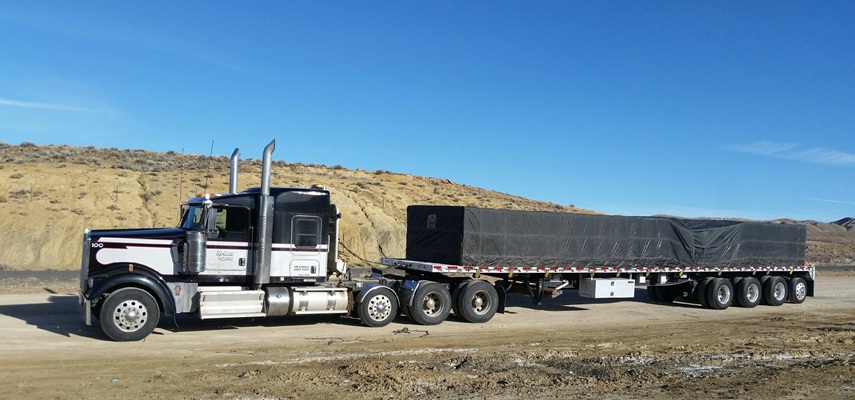When it comes to safeguarding your cargo during transportation, investing in a quality truck tarp is essential. A good covering can shield your load from harsh weather conditions, road debris, and theft. However, not all covers are created equal. Understanding the key characteristics that define quality can help ensure your goods arrive safely.
Material Durability
One of the most important factors in determining quality is the material. The most common materials used include vinyl, polyethylene, and canvas, each with unique advantages:
- Vinyl: Known for durability and resistance to tearing, vinyl covers are ideal for long-term use and heavy-duty applications. They are waterproof, UV-resistant, and can withstand extreme temperatures, making them suitable for all weather conditions.
- Polyethylene: Lightweight and cost-effective, polyethylene provides excellent waterproofing and UV resistance. They are popular for temporary protection and are easy to handle.
- Canvas: Made from cotton, canvas is breathable and ideal for covering items that require ventilation. They are resistant to abrasion and can be treated for water resistance, although they are not as waterproof as other materials.
Construction Quality
Construction significantly impacts performance and lifespan. High-quality options feature reinforced edges and corners, essential for resisting tears and wear. Look for those with double-stitched or heat-sealed seams to enhance strength and durability.
Additionally, check for rust-resistant grommets or D-rings, crucial for securely fastening the cover to the truck. These should be spaced adequately along the edges to ensure a snug fit and prevent flapping in the wind.
Size and Fit
Selecting the right size is crucial to ensure adequate coverage. A cover that is too small won’t fully protect your load, while one that is too large can cause flapping and potential damage. Measure your truck bed and cargo to determine the appropriate dimensions. Some manufacturers offer custom-sized options, beneficial for uniquely shaped loads.
Weather Resistance
A quality cover should offer exceptional weather resistance. Look for options treated with UV inhibitors to prevent sun damage and deterioration. Waterproof features are essential for protecting against rain, snow, and other moisture. Additionally, covers designed for cold climates should maintain flexibility in freezing temperatures, preventing cracking or brittleness.
Ease of Use
Practicality is an essential aspect of quality. It should be easy to deploy and secure, reducing the time and effort needed for setup. Features such as built-in straps, quick-release buckles, and easy-fold designs contribute to a user-friendly experience. Consider those that come with a storage bag or case for convenient storage when not in use.
Cost vs. Value
While it might be tempting to opt for the cheapest option available, investing in a higher-quality cover can save money in the long run. Quality options offer greater durability and longevity, reducing the need for frequent replacements. Consider your specific needs and the conditions in which it will be used to make an informed decision about the best value for your investment.
Conclusion
In conclusion, a quality protective cover is a vital investment for anyone transporting goods. By considering factors such as material durability, construction quality, size and fit, weather resistance, ease of use, and cost versus value, you can select one that meets your needs and provides reliable protection. Whether you’re a professional trucker or a weekend hauler, a well-chosen cover ensures your cargo remains safe and secure, regardless of the journey ahead.





























